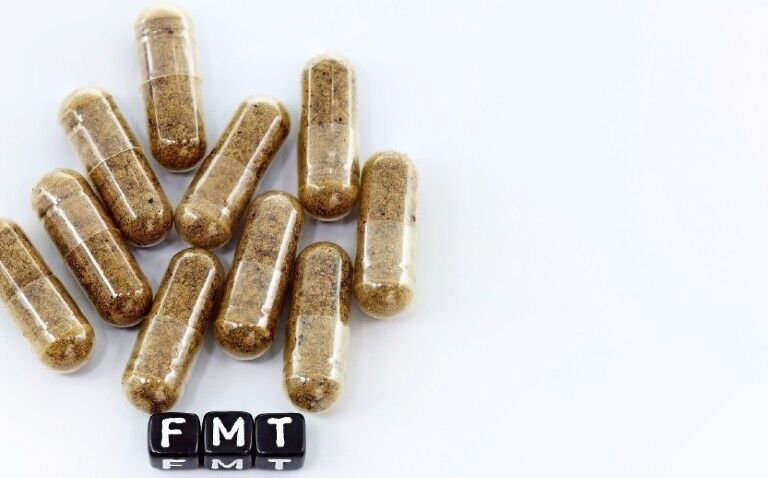A faecal microbiota transplantation (FMT) from healthy donors prior to PD-1 inhibitor immunotherapy could represent a novel and effective approach to the management of advanced melanoma, according to a recent phase 1 trial.
Published in the journal Nature Medicine, researchers combined healthy donor FMT with the PD-1 inhibitors nivolumab or pembrolizumab in previously untreated patients with advanced melanoma.
The primary outcome of interest was safety, with key secondary endpoints of the objective response rate, changes in gut microbiome composition and systemic immune and metabolomics analyses.
A total of 20 patients with a confirmed diagnosis of unresectable or metastatic cutaneous melanoma and with no previous anti-PD-1 treatment were enrolled.
Patients received a single FMT via capsules containing 80-100 mg of faeces from heavily screened healthy donors. Individuals were required to consume 36-40 capsules under supervision followed by a 30-minute period of observation.
Faecal microbiota transplantation ‘safe and effective’
When considering the primary outcome, eight patients experienced grade 1-2 FMT-related toxicities, mainly diarrhoea, flatulence and abdominal discomfort. However, there were no grade 3 or higher adverse events before receipt of the first dose of anti-PD-1 therapy.
The objective response rate was 65% and this included four patients who experienced a complete response. Microbiome profiling revealed that all of the patients engrafted strains from their respective donors although the acquired similarity between microbiomes increased over time in responders.
The researchers concluded that FMT from healthy donors represents a safe new therapeutic tool that has clinical potential and should be explored further in randomised trials.
Additional approaches are needed in advanced melanoma given that five-year survival even with combination immunotherapy is just over 50%. Previous work suggested that FMT and anti-PD-1 therapy, could overcome resistance to anti-PD-1.










